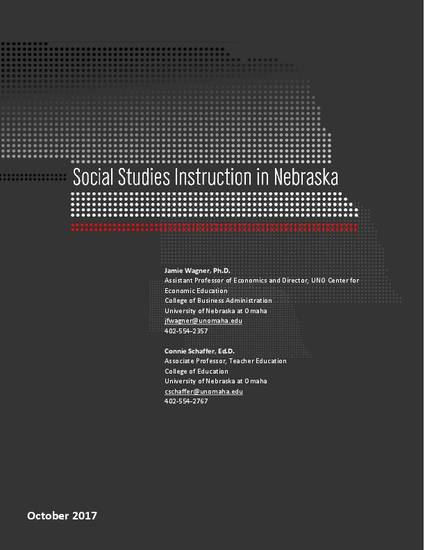
In the 1980s standardized testing began to emerge as a major component of P-12 education reform and by the late 1980s state standards, benchmarks and curriculum frameworks started to become more widely used in states (Vogler and Virtue 2007). Both elementary and secondary social studies classes have changed to adapt to the new standards and mandated standardized testing. With increasing focus on reading, mathematics, and science, many began to be concerned that social studies instruction may be limited. Social studies instruction is vital to educate civically engaged individuals. However, at the high school level, teachers emphasize memorization and recollection of facts and devote less time to the integration of social studies with other content areas or into daily life (Vogler and Virtue 2007). Also, studies have found that due to the influence of mandated testing at the elementary level, time allotments for social studies instruction have been reduced to allocate additional instructional time to content areas, such as mathematics, which are subjected to high-stakes testing. (Vogler and Virtue 2007; Lintner 2006; and VanFossen 2005).
The goal of this survey was to gather information and examine Nebraska teachers’ perceptions related to the current status of social studies instruction in Nebraska. This report will describe how Nebraska teachers teach social studies—what methods of instruction they use and with what frequency, how confident they are with the Nebraska Social Studies Standards, and how often they are offered and utilize professional development opportunities. Results from the survey may be used to advocate and plan for social studies professional development by individual school districts, Education Service Units (ESUs), and/or the Nebraska Department of Education (NDE).
The survey was conducted in spring 2017 with 796 complete surveys submitted. Teachers completing the survey represent all Nebraska ESUs, grade levels (elementary, middle, and high school), and all district sizes...
Available at: http://works.bepress.com/jamie-wagner/2/
